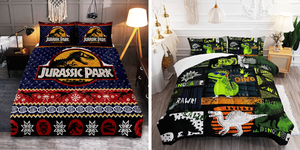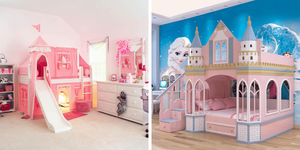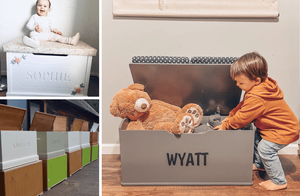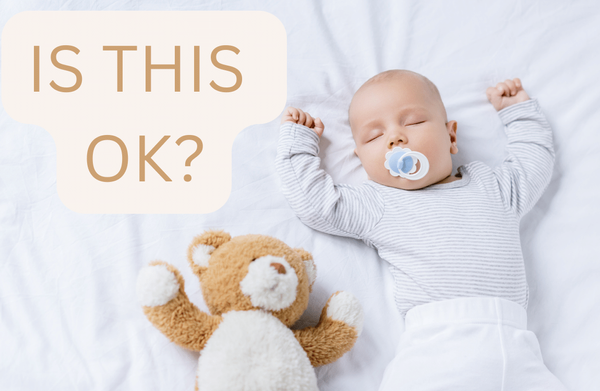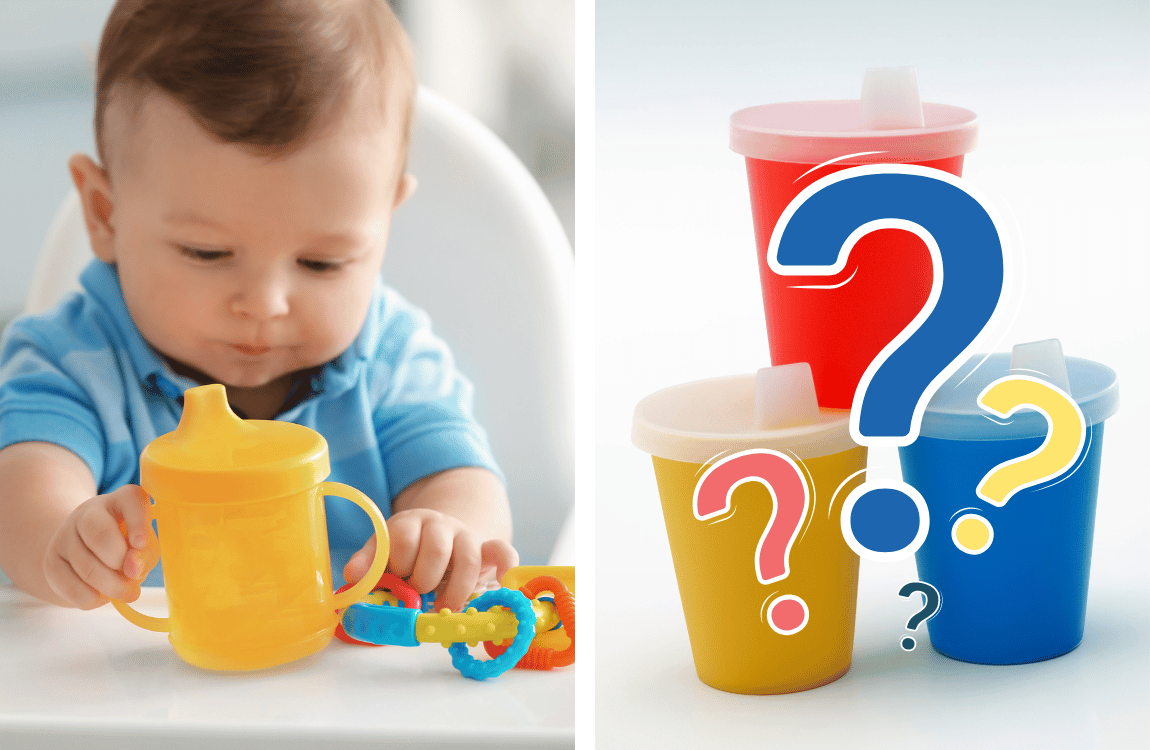For any parent who has been through the process of preparing and storing their baby’s breast milk, you know all too well that storing it in a bottle with a nipple attached isn’t an option. But why is that?
What’s wrong with having the convenience of just grabbing a pre-made bottle off the shelf and feeding your little one, instead of dealing with pumping, bottles or bags and measuring before each feed?
Well today we’re going to break down exactly why you can't store breast milk in bottles with nipples attached, and provide some helpful information on how best to store both regular expressed breast milk so it stays safe for baby.
Use These Safe Easy Bags Instead!👇
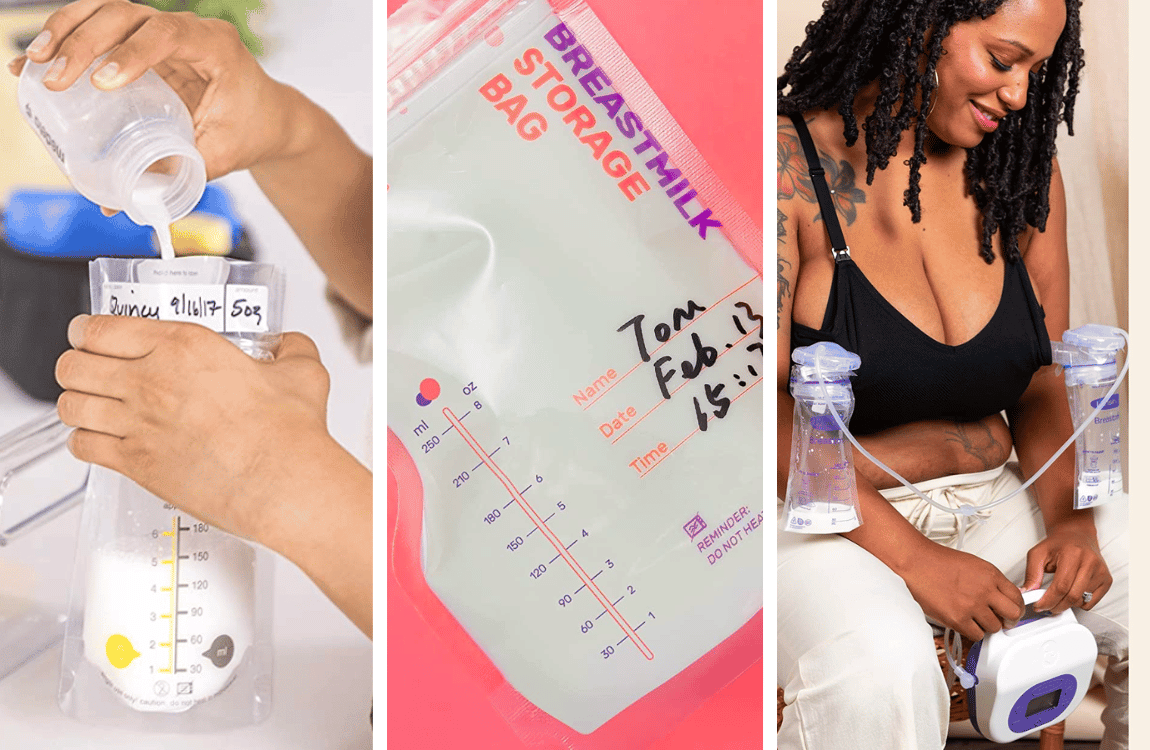
The Dangers of Storing Breast Milk in Bottles with Nipples
It’s important for mothers to know the dangers of storing breast milk in bottles with nipples. This can be tricky as adding a nipple seems like a logical step, but unfortunately, it can cause more problems than expected. The inability to keep breast milk clean and safe makes this storage method unviable.
If you’re looking for an appropriate container for your milk, use bottles or bags specifically designed for storing. Additionally, remember that pre-made formula also has rules around storage—never feed your baby a half drank bottle.

In conclusion, there are plenty of appropriate options available when it comes to storing breast milk, so leave those nipples behind! And, if you want to read our article on the best breast milk storage bottles, here it is.

How to Store Breast Milk - Bottles or Bags
Breastfeeding is a wonderful way to nourish your baby, and many mothers choose to express and store their breast milk in bottles or bags.
Unfortunately, you cannot store breast milk in bottles with nipples on them. This is because the nipple may become contaminated by bacteria or mold, leading to health risks for your infant.
When it comes to storing your expressed breast milk, it's important to use bottles specifically made for storing breastmilk. These usually come with a wide-mouth lid that’s easy to clean and won't retain old milk.
If you don't have access to these special bottles, you can also opt for special plastic bags designed for freezing breast milk; just make sure they are zip-sealed at the top!
How Long Can You Store Breast Milk?
Breast milk can typically be stored for 4-8 days in a refrigerator, or up to 6-9 months if stored in a deep freezer.
It is important to note that the temperature of the environment where you are storing the milk will affect its shelf life; extreme temperatures (too high or too low) will shorten the storage time dramatically.
What Are the Rules Around Storing a Pre-made Baby Formula
The rules around storing pre-made baby formula are different, and you must take extra caution to make sure it is safe for your little ones.
Once made, give the bottle within 2 hours. If your baby refuses the whole bottle, disgard of the milk within 1 hour of starting the feed. Do not attempt to store it as bacteria can grow once formula has been at room temperature for a while.
And never give your baby a formula bottle that's been half drank and then stored in the fridge, as the bacteria inside can cause considerable upset!

You Can't Reheat Half-Drank Baby Bottles
But why is this? Baby bottles are made of plastic and can withstand different temperatures so why can't they be reheated?
As it turns out, while plastic containers do well with cold liquids, reheating exposes them to high heat levels that can start altering their makeup.
Plus, bacteria in the air can enter the bottle when the nipple is off under certain conditions, which means that those maternal efforts may go wasted if old milk is used.
For the protection of your little one and to extend the life of their breast milk or formula, invest in breast milk storage bags or special baby bottles – they'll keep your precious cargo safe!

Tips For Safely Storing and Transporting Breast Milk
When it comes to storing and transporting breast milk, safety should always be your top priority. Make sure the containers you use to store your breast milk are clean, dry, and free of odor and taste prior to filling them with milk.
Glass bottles and plastic containers work best for storing breast milk. Also, avoid using bottles with nipples attached as bacteria can quickly develop and cause spoilage of your milk.
If storing in the fridge or freezer, make sure you label the container so you know the date it was stored.
Finally, when transporting the stored breast milk outside of the home make sure it's insulated in a cooler bag or portable mini fridge to keep it at a safe temperature until you get home.
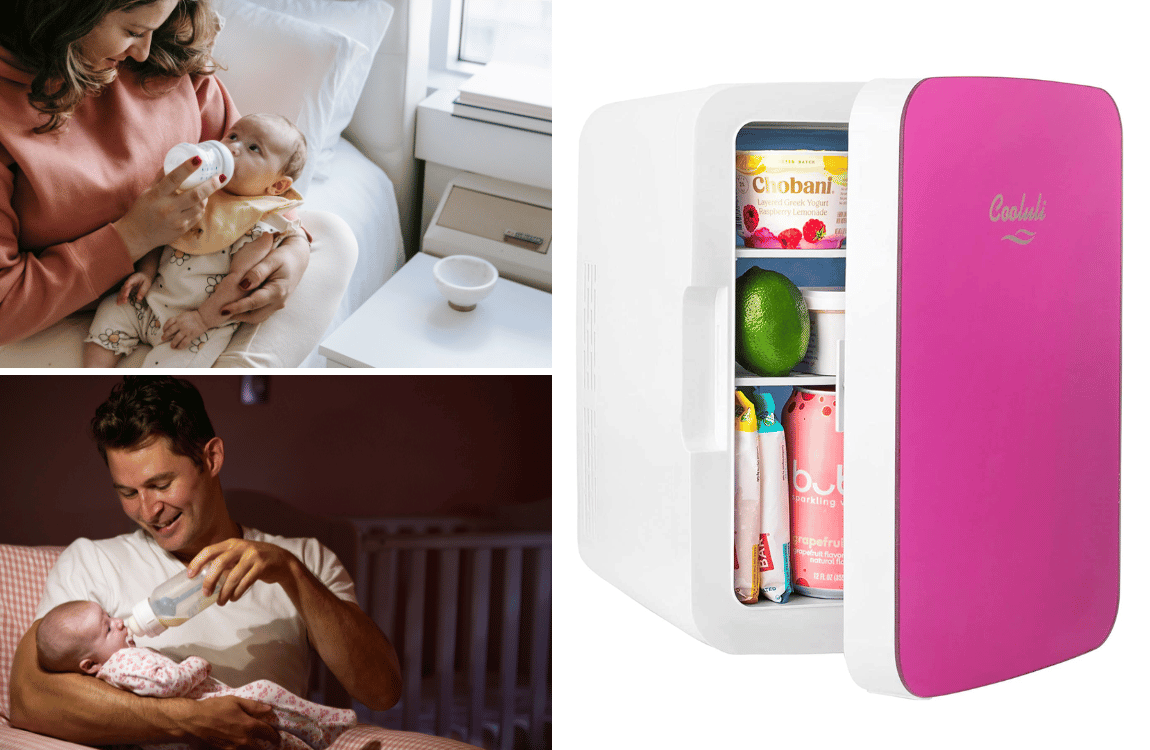
Tips For Storing Milk
- Clean the bottle thoroughly before using it to store baby milk.
- Make sure the temperature of the room where you are storing the bottle is steady and consistent.
- Avoid direct sunlight when storing baby milk in bottles as this can weaken its nutritional content.
- Keep a strict schedule for when you store your baby’s milk, replacing old batches with fresh ones before they go bad.
- Label each container clearly with the date and time that the milk was expressed or collected from the breast pump, so you don't have to guess which is older or newer when preparing bottles for your baby
- Store milk at a proper temperature in either a refrigerator or freezer, depending on how soon you plan on using it and how much needs to be stored long-term.
- For long-term storage, use containers that are specifically designed for storing breast milk – these will hold up better than standard glass or plastic bottles over time and will help prevent spoilage due to changes in temperatures during transit or storage periods.
- Separate expressed breast milk into smaller quantities, such as 2 or 3 ounce portions, so that you don't need to thaw too much frozen milk at once when preparing a bottle for your baby
- Discard any leftover formula after a feeding session and do not re-use it again as it loses its nutritive value if left at room temperature too long
- Do not add fresh breast milk to already frozen breast milk in order to save space: instead freeze them separately so that each batch only has one temperature history associated with it.
To Store Or Not To Store?
To summarize, storing breast milk in bottles with nipples is not recommended due to potential contamination. Breast milk can be stored in either a bottle or a bag depending on the user’s preference.
If a pre-made baby bottle formula needs to be stored, it must meet certain guidelines for temperature and duration of time. Likewise, reheating half-drank baby bottles is discouraged as it could carry bacteria that could harm the baby.
Lastly, when storing and transporting breast milk there are certain tips you can use to keep your little one safe and healthy.
Be sure to check out our article on breast milk storage bottles if you require containers of your own. We can help make the best choices for both you and your little bundle of joy.
Can you freeze homemade baby food?
Yes, you can freeze homemade baby food. However, it is important to take the proper safety measures when freezing and storing your homemade food. Make sure to use clean containers with tight-fitting lids that are specifically designed for freezing foods.
Label each container clearly with the date and time that the food was made before placing in the freezer. When ready to serve, thaw in a refrigerator or at room temperature and discard any leftovers after a mealtime session. Do not refreeze or reheat stored foods as this can cause contamination and could lead to health risks for your baby.
Can you refreeze thawed milk?
No! You can thaw frozen milk, but once it has reached room temperature, it cant be frozen again.
Throw away of the leftover milk. Thats why it's important to store breastmilk in small amounts, so none is wasted.
Can you feed a baby with a bottle that has been stored?
Yes! as long as they are feeding bottles, check the manufacturers information first. Some storage bottles are designed to be used for feeding, you can get storage bottles with nipples.
Can you microwave breast milk?
It's not advised, microwaves heat liquids at varying rates and unevenly in regular baby bottles and unevenly. So hot spots can occur and unknowingly scold the baby's mouth.
Are bags or bottles better to store breast milk?
Bottles are generally the better option for storing breastmilk, as they are typically more insulated and less prone to leakage than bags.
Bottles and bags can be labelled with the date of expression and stored in a fridge or freezer for later use.
Once opened, bags cannot be resealed as easily and therefore any leftovers must be discarded after each feeding session.
What's the best way to store milk when traveling?
A great way is to get yourself a little portable fridge, these can be as small as 4 Liters and can be charges in cars.
If you don't want something that big, then ice packs or cooler bags are also a good option.
Why Not Expand Your Parenting Know How: Dive Into These Baby Blog Reads ...





